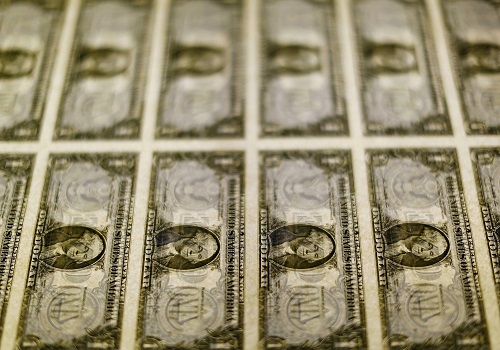Oil set to snap 7-week winning streak on China woes, Fed rate outlook

Oil prices looked set to snap a seven-week winning streak on Friday as concerns about demand growth in China as its economy slows, and the possibility of higher for longer U.S. rates triggered losses.
Major benchmarks were little changed on Friday, with the U.S. West Texas Intermediate crude (WTI) up 10 cents, or 0.1%, at $80.49 a barrel, while Brent crude was flat at $84.12 a barrel as of 0205 GMT.
The U.S. Federal Reserve's focus on containing inflation amid stronger-than-expected economic data was keeping a lid on oil prices.
On Thursday, the U.S. Labor Department reported the number of Americans filing new claims for jobless benefits fell in the last week, suggesting the still-tight labour market could prolong the Fed's tightening campaign to cool the economy.
That report followed similarly upbeat economic data earlier in the week, including U.S. retail sales, which all suggested the Fed may have to stick with higher rates for longer.
Investors fret that higher borrowing costs could impede economic growth and in turn reduce overall demand, including for oil.
Adding to the concerns, a recent batch of economic data from China, the world's second largest oil consumer, has highlighted the rapid loss in economic momentum there since the second quarter.
China's sputtering economy has whipsawed global financial markets in the past few months, with a property crisis spooking investors amid contagion fears.
However, China made a rare draw on crude oil inventories in July, the first time in 33 months it has dipped into storage.
Data released this week also showed that U.S. crude oil inventories fell by nearly 6 million barrels last week on strong exports and refining run rates. Weekly products supplied, a proxy for demand, rose to the highest since December. [EIA/S].
























